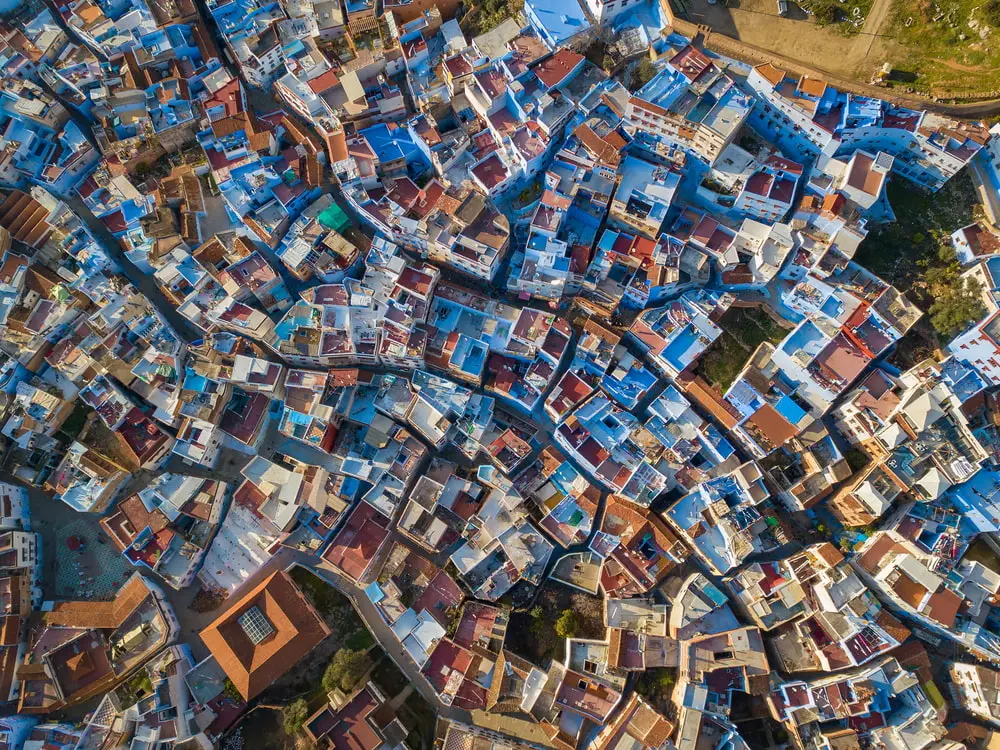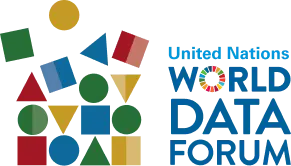

Next-Gen VLRs: Data-Driven Solutions for SDG Reporting
UN-Habitat and SDGs Today, UN Sustainable Development Solutions Network (SDSN)
Our commitment seeks to enhance (timely) data driven reporting on sustainable development through digital data-driven tools for VLRs, support for data capacity development, and multi-stakeholder collaborations designed to enhance the co-production and accessibility of data for sustainable development at local (and coordinated with national) levels. Due to the positive reception and tangibility of our collaboration thus far, UN-Habitat and SDGs Today have decided to expand this initiative to up to 10 cities with the aim to offer a training package and technical assistance focused on climate and interconnected SDGs.
This commitment addresses the lack of timely and sufficient data for Voluntary Local Reviews (VLRs) in providing dynamic and actionable insights essential for effective decision-making in the face of complex global challenges. As local and national governments face challenges with climate change, public health, poverty, and other sustainability issues, while struggling to finance data gaps, current VLRs often lack the interactive, transparent, and real-time data integration needed to support informed decision-making and advancing sustainable development. Additionally, the lack of cohesion among various stakeholder groups across sectors and levels of government can create barriers to data production, sharing, and disseminations mechanisms.
We plan to develop a customized digital template for VLRs aligned with guidelines from UN-Habitat, UCLG, Brookings Institute, and UN DESA. This initiative includes conducting a needs assessment to identify technical and data gaps, with a focus on climate, health, and urbanization. We will co-design and conduct capacity-building workshops to enhance data collection and analysis for effective SDG reporting. The project will facilitate knowledge exchange among cities, and explore the integration of non-traditional data, AI and geospatial tools. Engagement with youth leaders, academics, and diverse stakeholders will be at the center of developing solutions and fostering inclusive collaborations.
The intended impact is to strengthen the cities' capacity for data visualization, analytics skills, integration of new technologies and methodologies; and bolster data-driven reporting. This process will also illuminate challenges and opportunities in data sharing among stakeholders and different levels of government. This initiative aims to showcase best practices in coordinating data collection for VLRs and provide policy recommendations to enhance data-driven decision-making, monitoring, and reporting at a local level. For more information about our activities to date, please visit this World Bank Data Blog (https://bit.ly/3W4y0NP). Examples of VNR and VLRs collaborations can be found here (https://bit.ly/4dswUT0).
Periodic reporting through various networks of local governments and self-evaluation.
